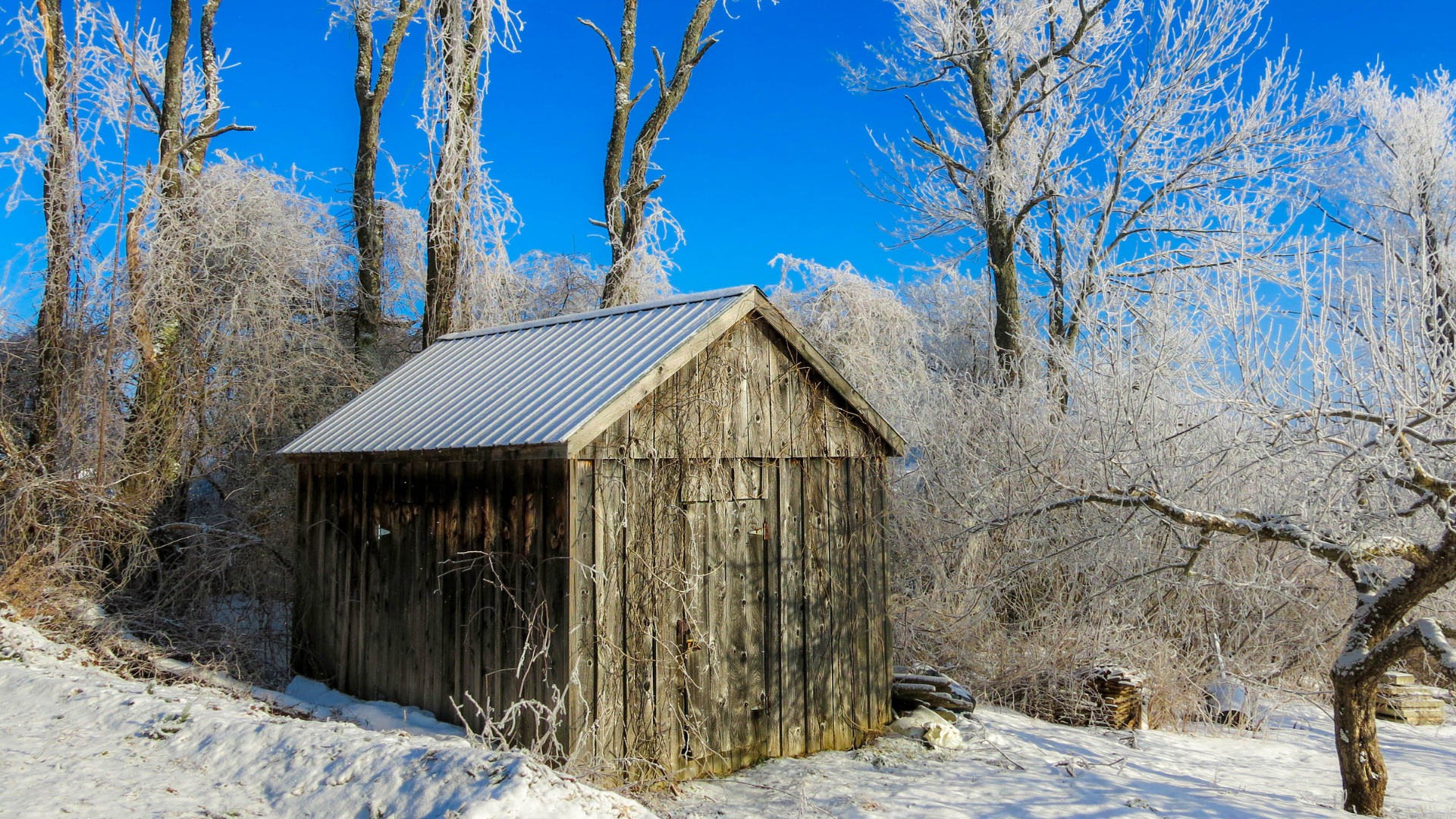Expert reveals the 6 items you should never keep in your shed over winter
If any of these items are in your shed, you should probably think about removing them!


Garden storage can always be a tricky thought, especially if your outside space is on the smaller side. Many people will opt for an outdoor storage box or stick with a traditional shed. Either way, they're both great options for protecting your outdoor equipment, particularly garden tools, chainsaws or a lawn mower.
Sheds are especially great for storing things and keeping them safe from the elements. However, although many items can withstand being stored away in an unheated shed, there are some items that can be vulnerable to the cold and damp winter weather. To understand the financial risk that households owners face by incorrectly storing household items in their sheds over the winter, researchers calculated the average cost of the items that are typically stored in sheds. They found that households could risk damaging items worth an average of £540 - shocking, right?
With this in mind, we spoke to Tiger's garden building expert, Sam Jenkinson, who shared his advice on the six items that should never be stored in a shed over winter. Keep reading to find out what they are!
However before you do, have you had a look at our other winter maintenance advice pieces? If not, check out the 4 essential garden jobs to do before winter arrives and 6 top tips to get your garden winter ready.
1. Power tool batteries
It is perfectly fine to store power tools in an unheated shed. However, you should remove the batteries before doing so. Cold weather can damage the batteries, leading to them corroding, leaking, and freezing. If you remove the battery and store it indoors, you can prolong the battery life and even reduce the risk of a fire.
2. Pet supplies
Pet food can freeze in cold weather so it’s best to store in the home. It can also attract pests, such as mice and other rodents. If you use your shed to store extra pet bedding and toys, it’s best to remove them during winter as they can become damp and mouldy.
3. Paint
Many of us keep our DIY supplies safely stored in our garden sheds. However, when kept in an unheated area, paint will separate and become unusable. It is best kept in a temperature-controlled space that has limited moisture.
Get all the latest news, reviews, deals and buying guides on gorgeous tech, home and active products from the T3 experts
4. Canned food
Many people buy food in bulk to save money. However, it can be difficult finding a place to store large amounts of food in your home. If you're looking to store canned food in your shed, you shouldn't, especially as it can expand and burst when exposed to cold temperatures. When the seal on the cans is broken, this makes the food unsafe to eat.
5. Fabric and paper products
Fabrics can collect mildew and fade in cold weather. Also, when incorrectly stored, fabrics and paper can become the perfect nesting area for mice and insects. To stop mice getting into your shed, you should seal any holes so they can't get access and remove any food.
6. Chemicals
Some liquid pesticides can crystalise and coagulate in cold temperatures which can stop them from working. Only store dry pesticides in your shed as these can withstand frost.
Worried about the effect of winter inside your home as well? Check out what the best type of dehumidifier is for cold weather for more information.

Lizzie is T3's Home Living Staff Writer, covering the latest in smart home, lifestyle and beauty tech. From skincare gadgets to vacuum cleaners, she's your go-to for trends and top recommendations.
When not writing, Lizzie enjoys mooching around Bath, spending time with loved ones, or testing her review units – often during an enthusiastic cleaning spree!